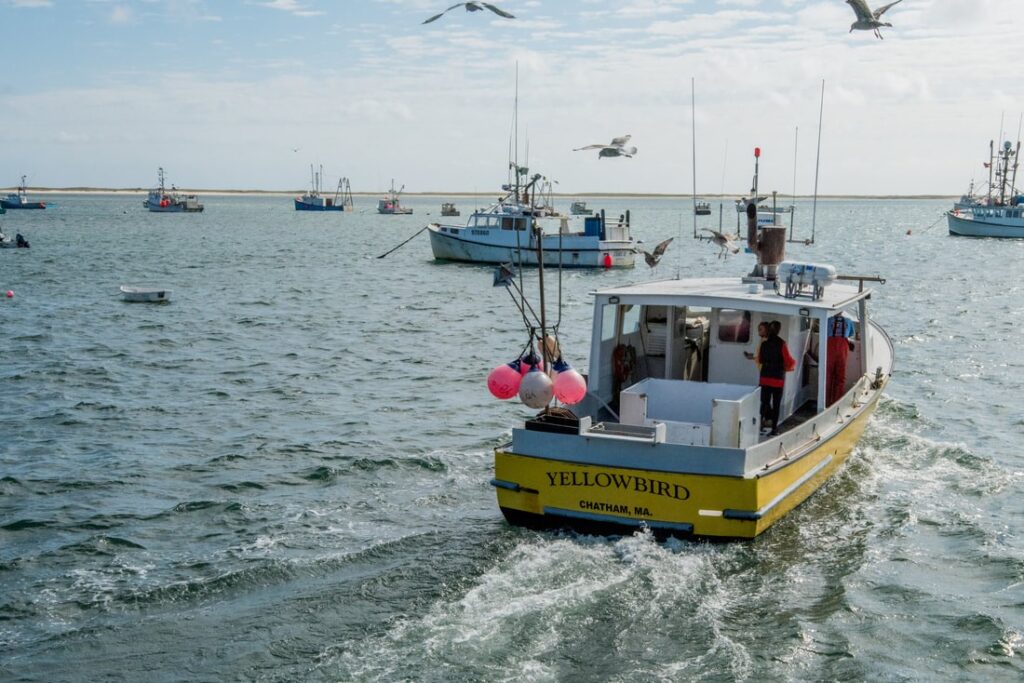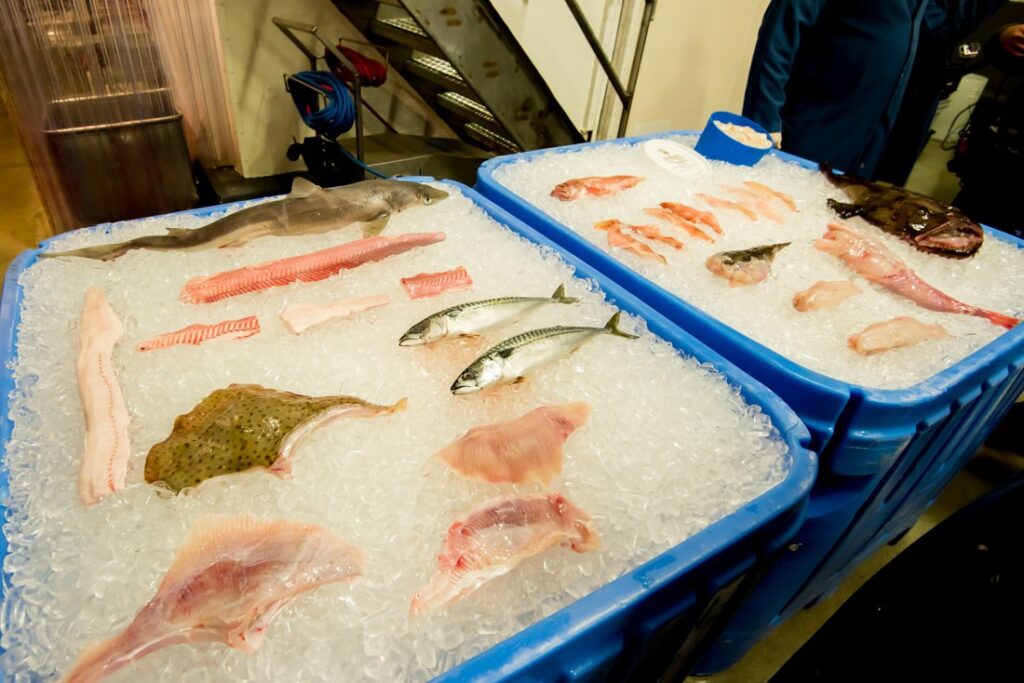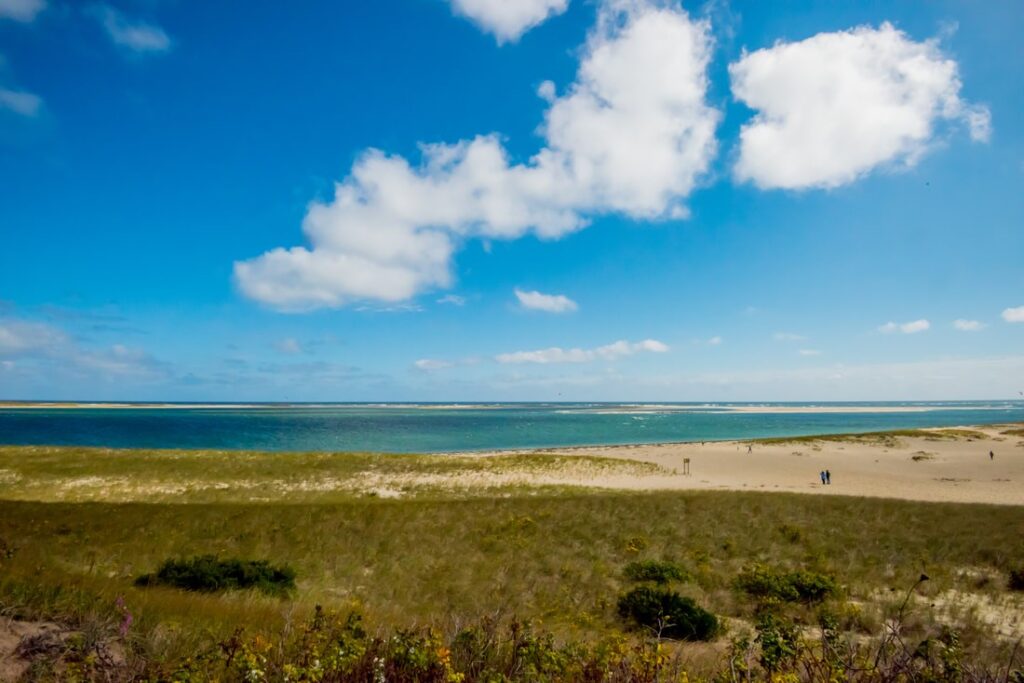
The “Yellowbird,” leaving the shore of Chatham, MA to catch fish for Sea to Table.
| Sea to Table is a food distributor that makes sustainably-caught seafood from American fishing communities accessible to restaurants, families, and food service operations across the U.S. Every Sea to Table fish is wild-caught and can be traced back to the dock at which it arrived. The company is based out of Brooklyn, New York but distributes fish from coastal towns across the United States. They are a B Corporation, meaning that they have been certified as an operation that is devoted to incorporating social and environmental responsibility into their business model. |
Sean Dimin is the founder and CEO of Sea to Table and explains that the company “started with a love of fishing.” Sean says that it was clear to him that there was a need for fishermen and commercial docks to get a better market as well as a need for chefs to have access to high-quality, sustainable seafood. Sean founded Sea to Table to “deliver a high-quality product and tell the story behind it.” The company works hard to make their operation as transparent as possible to allow traceability, accountability, and honesty between fishermen, sellers, and consumers.

A wide variety of freshly caught species Sea to Table catches and distributes.
In addition to restaurants, universities, colleges, and businesses, Sea to Table provides fresh seafood to Americans through their new home delivery service. “To be able to reach right into people’s homes and connect with them at the dinner table and give them a better option of fish is key to what we do,” Sean shared. In February of 2017, Sea to Table provided about 1 million portions of seafood for their customers and diners. Sean explained that “over 90% of the seafood that is consumed in this country is imported,” making it the company’s goal to improve the value and quality behind the fish that we eat by providing customers with sustainable, traceable, and local options.
While there is a growing awareness and shared sentiment among consumers that we want to know where our food comes from, we often overestimate the ability of the earth’s ecosystems to keep up with our demand. Fisheries involve complex interactions between species and their environment, and just like any resource, there are limits to how much we can take. In order to become more conscientious as consumers, it is essential to develop an awareness of seasonality and locality for everything we eat, including seafood.
Sea to Table incorporates this consumer education into its practices in order to help people understand what fishermen are catching (which are often not the same species of fish that Americans are used to eating). Tuna, shrimp, cod, and salmon are the most popular fish in the U.S., yet these are also some of the most unsustainable species due to the vast quantities in which they are harvested. “We are doing a lot of education to bring the diner right to the dock to see what it is like… and to see how the fish were caught, who caught them, and what fish they were catching,” Sean explains.

Sean shares that his favorite part of the job is when he gets to be on the water. “It is where I have a connection and it is not every day that we get to connect with nature. I think it brings us back to an elemental root of where our food comes from.” Sean believes that something anyone can do to protect fish stocks and contribute to ocean health is just to care. “If you care about the fish that you eat and buy, you want to know where it came from,” he explains. By demanding transparency about where our food is coming from, we as consumers have the power to change the way that food is produced and sold on the market.
Thank you so much Sean for all of your hard work to make our food system more sustainable. UMass Dining appreciates all of the knowledge and resources you are able to share with our customers and we look forward to continuing to collaborate in the future to educate and empower!
For more information about Sea to Table, or to get high quality seafood delivered right to your door, visit their website.
